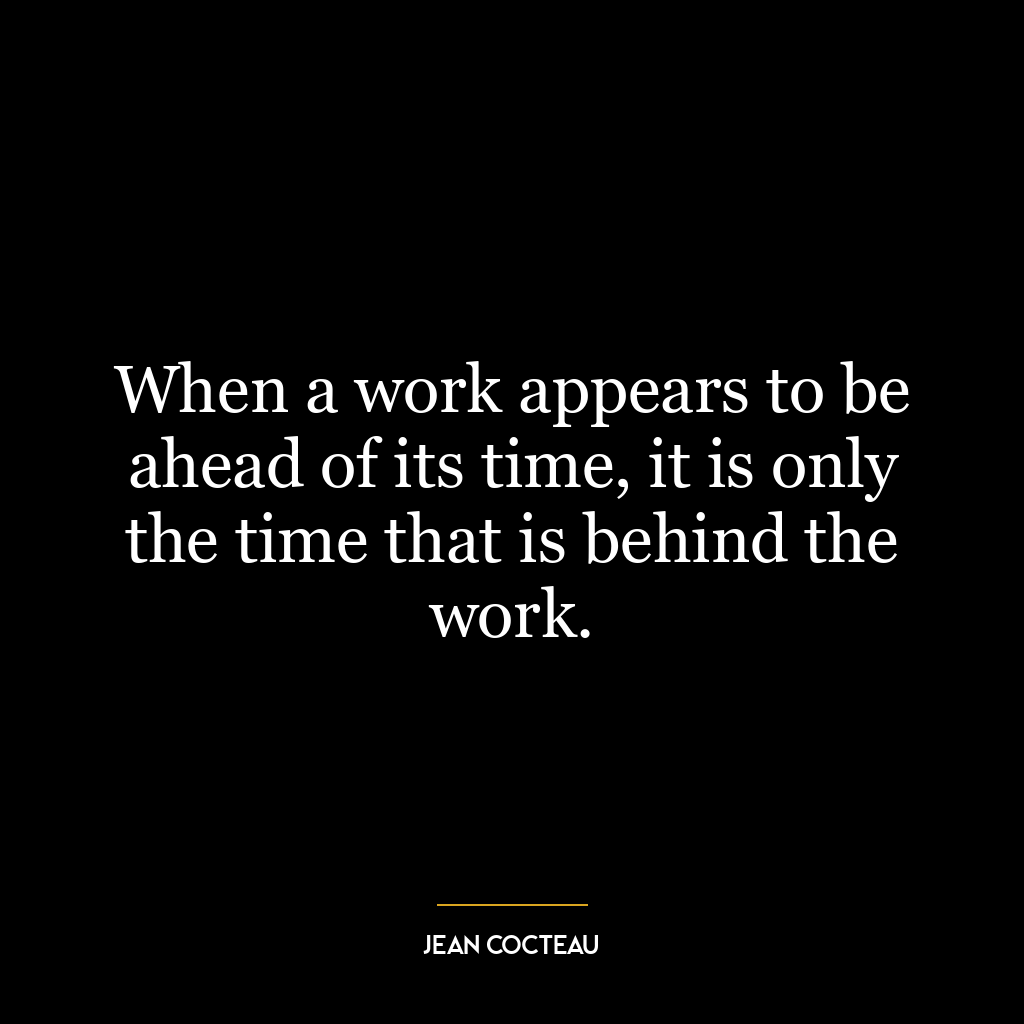The unhistorical are usually, without knowing it, enslaved to a fairly recent past.
This quote implies that those who do not take the time to understand or learn from history are often, unknowingly, bound by the perspectives and ideologies of a relatively recent past. It suggests that without historical knowledge, we may be unable to fully grasp the present state of affairs as it is influenced by events and ideas of the past. We might be stuck in outdated modes of thinking or acting because we lack awareness about how things have evolved over time.
In terms of personal development, this idea emphasizes the importance of learning from our personal histories as well as wider societal history. By understanding where we come from and what has shaped us (or our society), we can better understand our current behaviors, beliefs, attitudes, and circumstances. This awareness can help us make more informed decisions about how to navigate present situations and plan for future ones.
Applying this concept to today’s world could mean recognizing how recent historical events have shaped current societal structures or attitudes. For instance, understanding the impact of technological advancements on job markets could help us adapt better in an increasingly digital economy. Or acknowledging systemic injustices rooted in history could inform efforts towards social reform today.
Additionally, it warns against being too caught up with recent trends while ignoring older wisdoms which have stood the test of time – whether they pertain to politics, economics or culture – thereby advocating for a balanced perspective that values both old and new insights.








